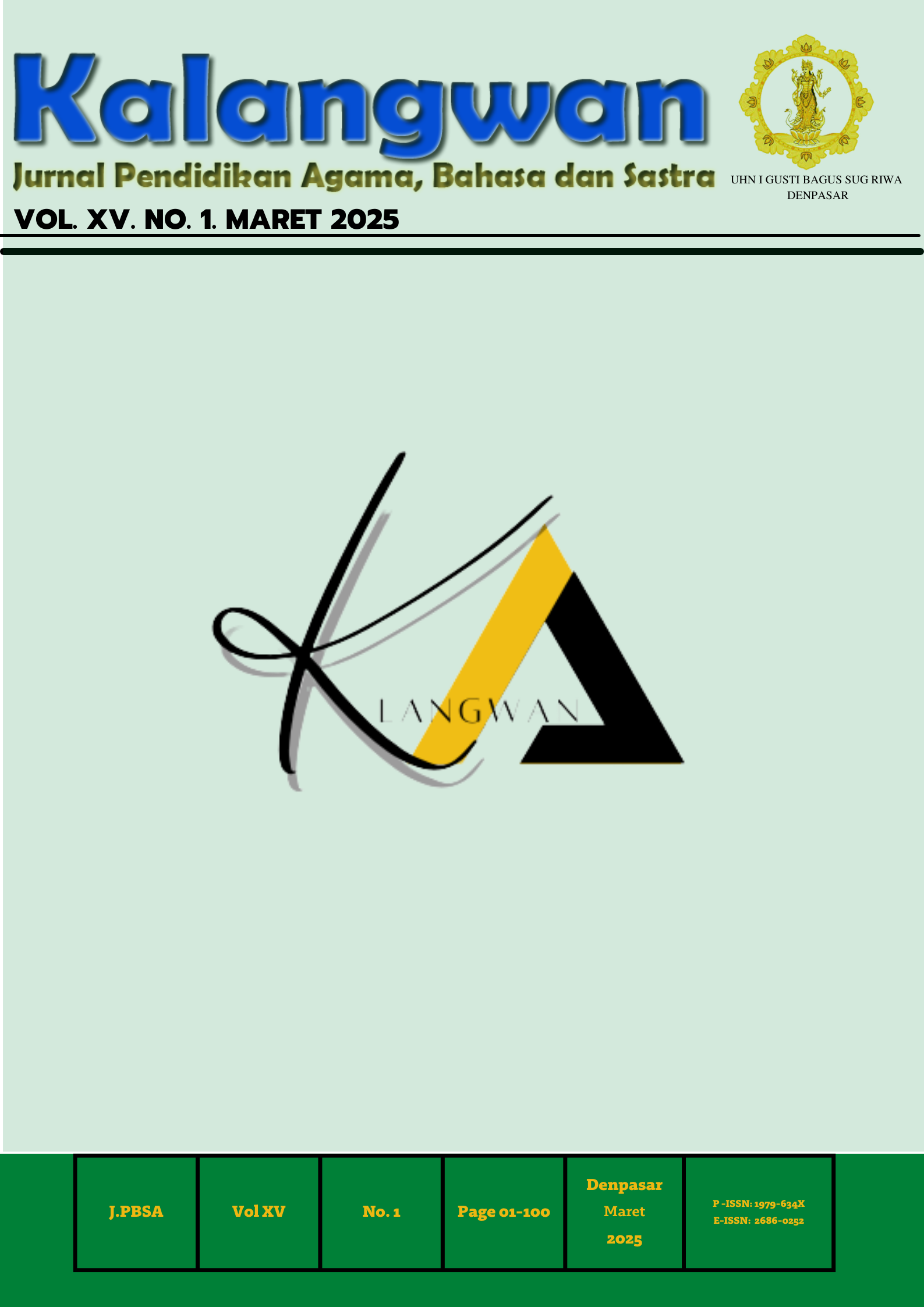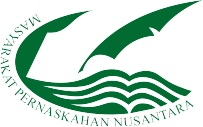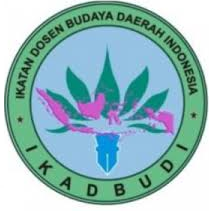ALIH DAN KODE PADA PENGGUNAAN BAHASA JAWA DALAM KEHIDUPAN SEHARI-HARI DI YOGYAKARTA:KAJIAN SOSIOLINGUISTIK
DOI:
https://doi.org/10.25078/kalangwan.vi.4077Keywords:
Javanese language, sociolinguistic, ngoko, kramaAbstract
This study aims to investigate the usage of Javanese language in daily life in Yogyakarta from a sociolinguistic perspective. The study utilizes a qualitative methodology with a descriptive approach in order to analyze various factors that influence the utilization of Javanese, including social background, age, education, and environment. Language serves as a crucial tool for everyday communication, particularly within community settings. Social interactions give rise to the development of language. Within the community, individuals must exercise caution in their communication, as expressing opinions incorrectly may result in misunderstandings when conversing with others or with individuals of higher social standing. This phenomenon is observed among Javanese individuals who employ Javanese language in their day-to-day lives. The Javanese language is categorized into several types, including ngoko and krama. Ngoko can further be divided into ngoko alus and ngoko lugu, while krama is categorized as krama lugu and krama alus.












